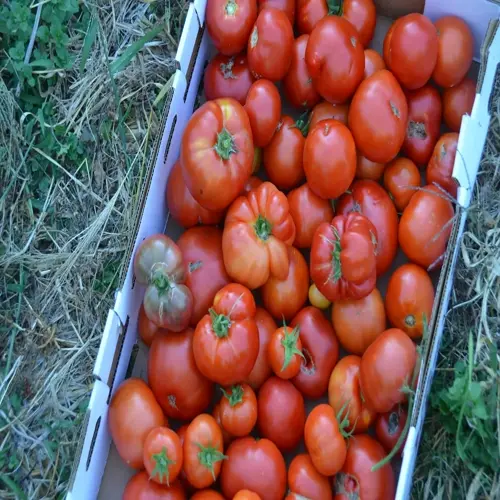What is the best way to aerate a lawn?

Written by
Benjamin Miller
Reviewed by
Prof. Samuel Fitzgerald, Ph.D.Core aeration is the best practice for lawn care. The process extracts little soil plugs, creating necessary pathways in your turf. Air, water, and nutrients come into direct contact with the grass roots. I highly recommend it, having transformed my own compacted yard into a lush green space in just a couple of months.
Proper timing is crucial for successful aeration. Cool-season grasses, such as Kentucky bluegrass, should be aerated in the early fall, while warm-season grasses, like Bermuda grass, should be aerated in late spring. The soil temperature for cool-weather grasses should be in the range of 60-75°F, and for warm-weather grasses, 75-90°F. Soil temperature should be measured from a depth of four inches.
Proper and effective use maximizes value. Make holes 3 inches in depth and 3 inches apart. Watering your lawn 24 hours before aerating helps loosen the soil, making it easier for the aerator to work. Aerate the lawn in parallel rows across the lawn. You can go back and make a second pass perpendicular to the first one for severe compaction.
Immediate Aftercare
- Water deeply with 1" (2.5 cm) immediately
- Apply slow-release fertilizer within hours
- Leave soil plugs to decompose naturally
First Two Weeks
- Water every 2-3 days keeping soil moist
- Avoid all foot traffic on treated areas
- Overseed thin patches while holes remain open
Long-term benefits make this effort worthwhile. Think deeper roots that access more of the hidden water supply. Thatch is significantly reduced, which prevents diseases and pests. Your lawn develops drought resistance naturally. Healthy turf requires less water and fewer chemicals over time, resulting in savings for you.
To achieve the best result, always avoid these common mistakes. Do not aerate in summer heat or winter frost. If you have clay soil, avoid using spike tools. Do not rake away soil plugs too early. With timing and technique, your lawn will look entirely different. Consistent care means lasting beauty.
Read the full article: How to Aerate Lawn: The Complete Guide

